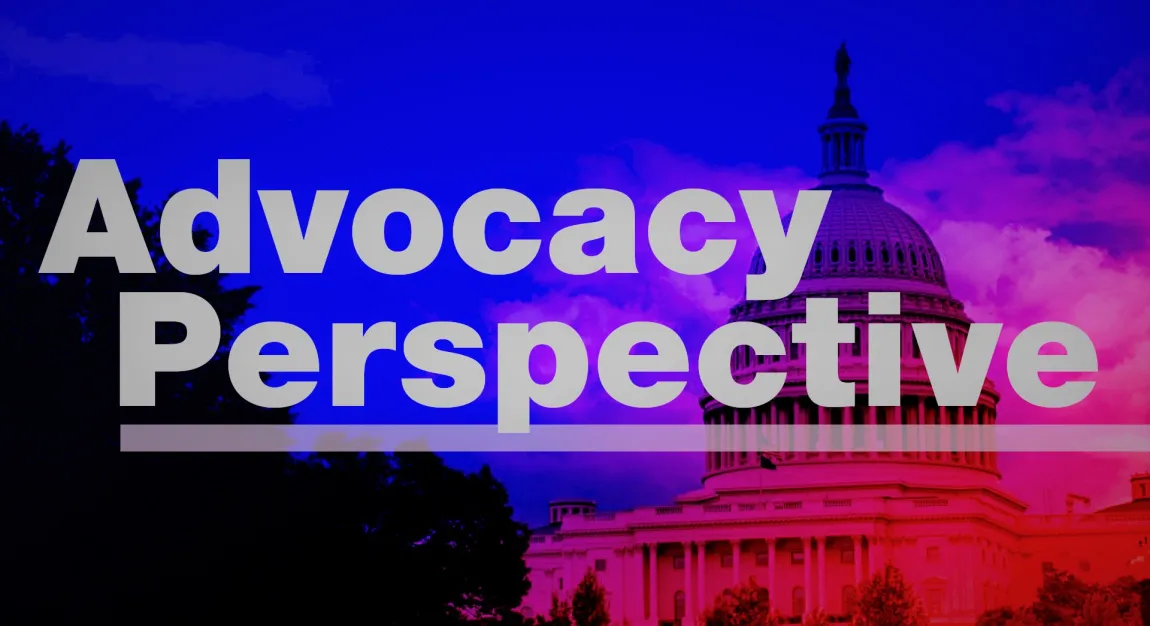- The House voted to pass the ‘‘Fiscal Responsibility Act of 2023.”
- A Pay-As-You-Go (PAYGO) rule encourages Congress to offset cost of legislation that increases spending on entitlement programs or reduces revenue, so it doesn't expand the deficit.
- The deal fully funds medical care for veterans, retains COVID-19 funding, and lifts the student loan payment pause.
Today, the US House of Representatives voted to pass the ‘‘Fiscal Responsibility Act of 2023.” Agreed on by both President Joe Biden and House Speaker Kevin McCarthy, the deal suspends the $31.5 trillion debt ceiling through January 1, 2025, in exchange for capping certain federal spending to avoid a default. The legislation establishes new discretionary spending limits for fiscal years (FY) 2024 and 2025. FY24 set a limit for 68.349 billion in defense spending and $703.651 billion in non-defense. These amounts will grow one percent in FY25. Non-defense spending provisions in this legislation will have a direct impact on healthcare and providers, for example, a reduction in purchasing power of National Institutes of Health (NIH) research funding.
Administrative Pay-As-You-Go Requirement
The Fiscal Responsibility Act of 2023 would establish, for the first time in law, a Pay-As-You-Go (PAYGO) rule for executive branch actions that increase federal spending. The PAYGO rule would enforce a budget neutrality requirement when finalizing a rule that would increase direct spending. Any agency that increased spending by more than $1 billion over 10 years or $100 million in any single year would need to create a plan to reduce direct spending by an equal or greater amount. This could affect agencies, such as the Centers for Medicare and Medicaid Services.
The Office of Management and Budget Director has authority to waive these requirements under certain circumstances, so how impactful this provision will be in practice is unclear. PAYGO has threatened Medicare physician reimbursement for years, but so far Congress has always waived or postponed this specific cut to payments.
Medical Care for Veterans
The budget will fully fund medical care for veterans, including the funding of the Honoring our Promise to Address Comprehensive Toxics Act of 2022 (PACT Act) toxic exposure fund (TEF). The PACT Act aims to improve healthcare for veterans exposed to toxic substances during service and specifically calls attention to the negative effects of toxic substances on the lungs. The TEF funding will increase by nearly $15 billion in FY24 and maintain funding for FY25.
COVID-19
The legislation will rescind approximately $28 billion in funds made available by the American Rescue Plan Act of 2021. However, it will retain $5 billion in funding for the continued development of COVID-19 vaccines and treatments focused on uninsured populations.
Student Loans
The legislation ends the pause on federal student loan payments and the accrual of interest on those loans sixty days after June 30, 2023 (end of August). This section also prohibits the Secretary of Education from taking action to extend the current student loan pause absent express Congressional authorization. However, the agreement maintains student debt relief on certain loans and waivers afforded by the CARES Act. STS has long encouraged a pause on student loan interest accrual and principal loan repayment for the duration of medical residency and fellowships to help address the physician workforce shortage.
